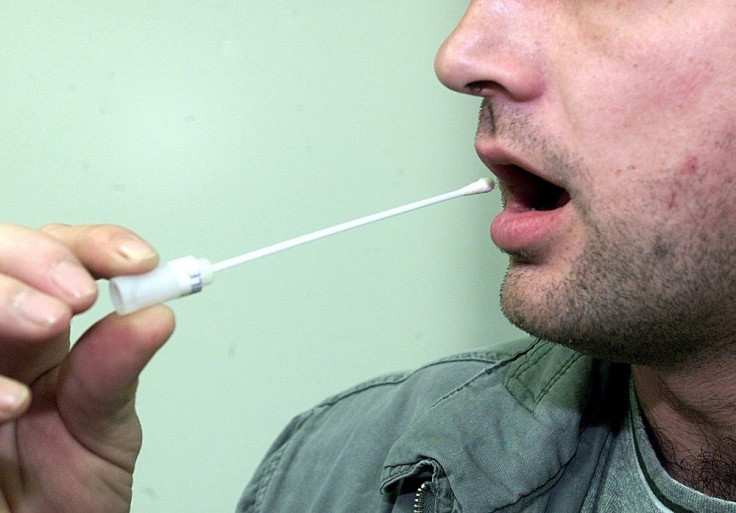10-minute cancer test needs only drop of saliva

A new method to test cancer is being developed by scientists, using saliva, not blood. Called liquid biopsy, the professor behind the technology says tumour DNA could be detected if it circulates in body fluid.
The current test method, which uses blood taken during a biopsy, cannot be used as initial test to detect cancer because it could result in false positive. Blood tests could be used to monitor spread of cancer after scientists sequence a tumour.
David Wong, oncology professor at California State University, says only one drop of saliva is needed to get a definite diagnosis as soon as a tumour develops, reports The Telegraph. Wong, who says the saliva test is affordable at £15 (AUD$30.50) and non-invasive, adds the full clinical trials on patients with lung cancer would start in later 2016 and he expects the US Food and Drug Administration to approve it within two years.
He shared the technology with the American Association for the Advancement of Science’s yearly gathering in Washington. The test results, which could be done in a physician’s clinic, pharmacy or at home, would be ready in 10 minutes.
Wong stresses that the test would help detect cancers early enough to save the life of a patient by treatment and medication. However, the prototypes that are currently being developed would likely be made available first in Europe and China. In the UK, where it would require regulatory approval, Wong hopes it would be available by the end of the 2010s.
He adds that in the future, it would be possible to use the test for multiple cancers at the same time, reports The Independent. Among the cancers that the tests could detect is pancreatic, which to date lacks effective early screening capabilities. According to Cancer Research UK, a charity, almost 50 percent of deaths in Britain in 2012 were prostate, breast, lung and colon cancers.





















